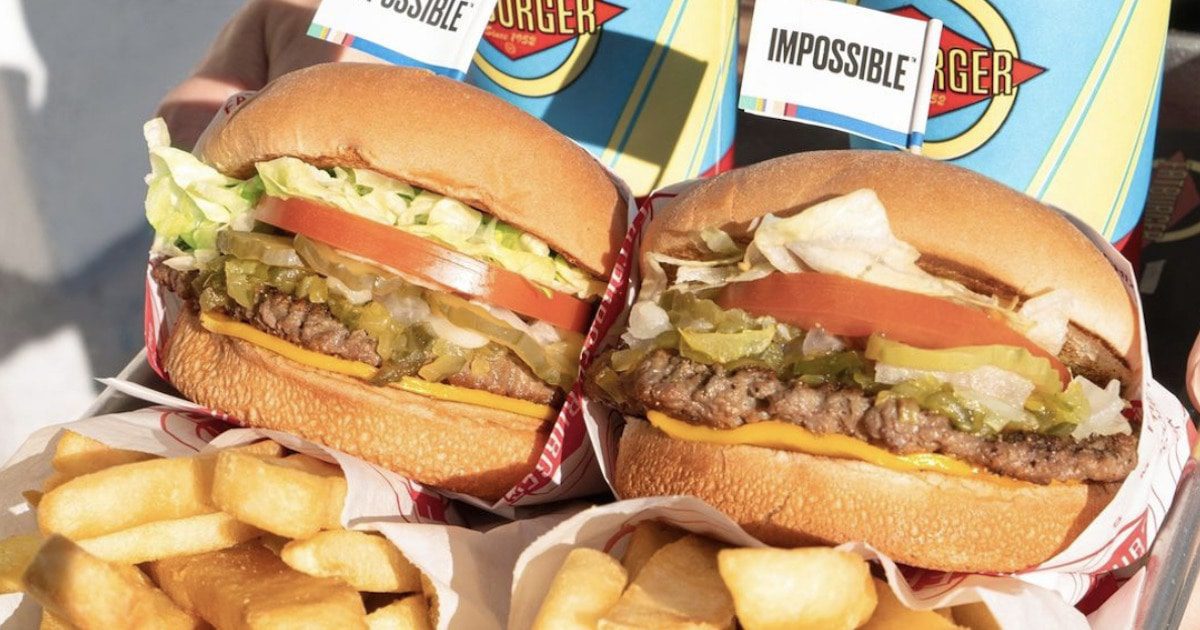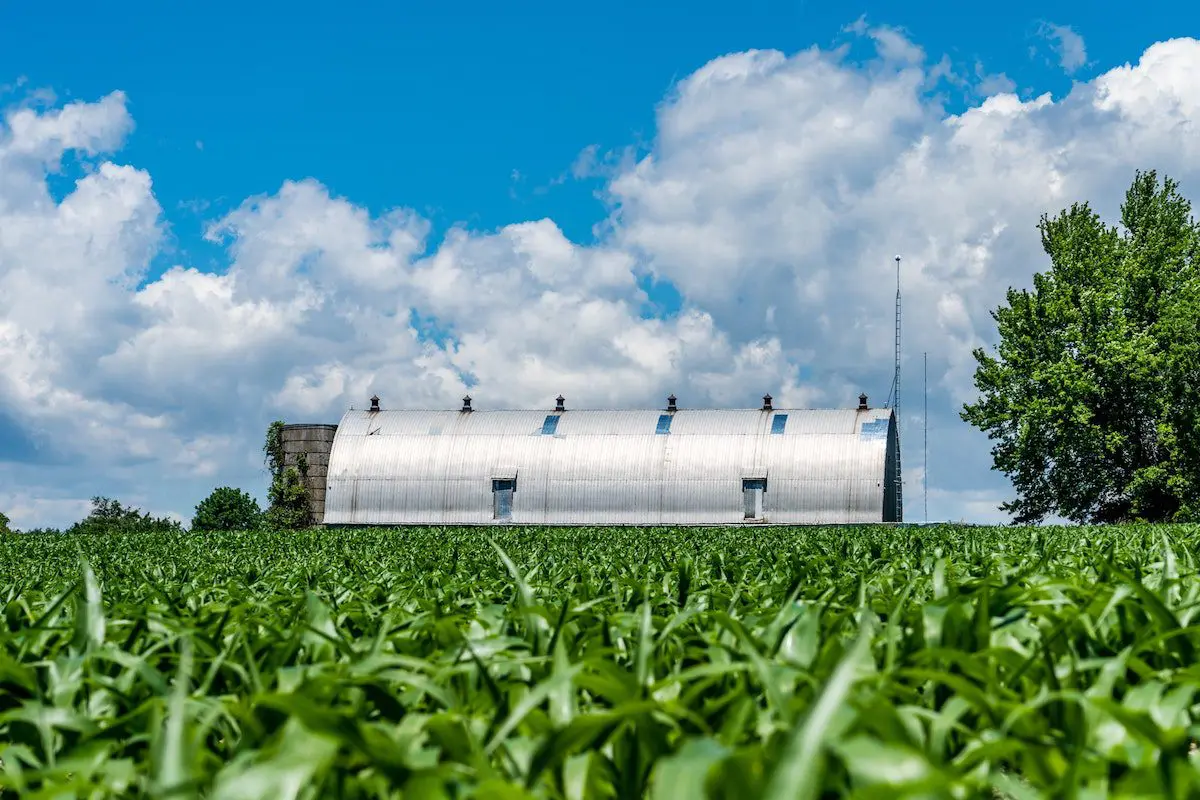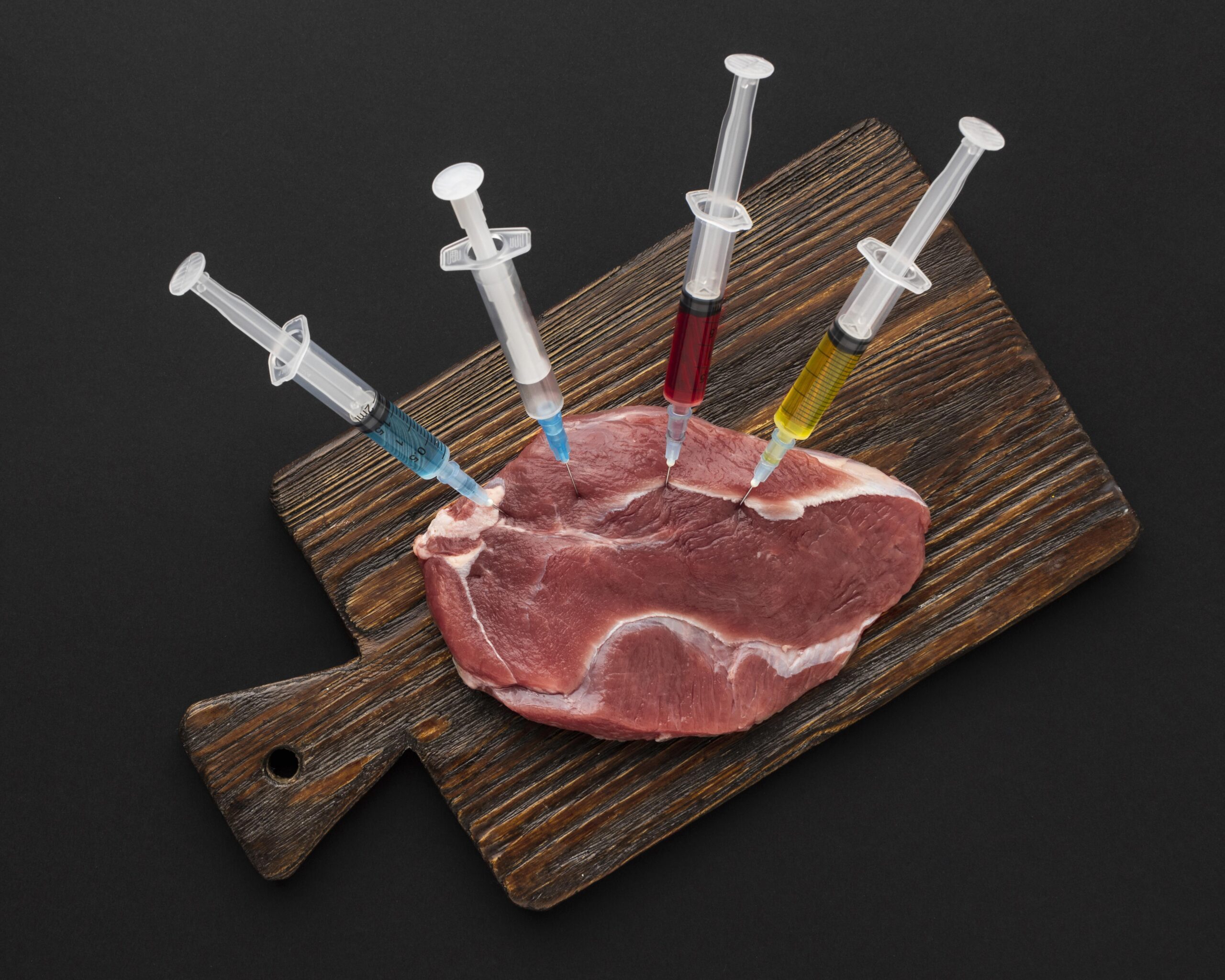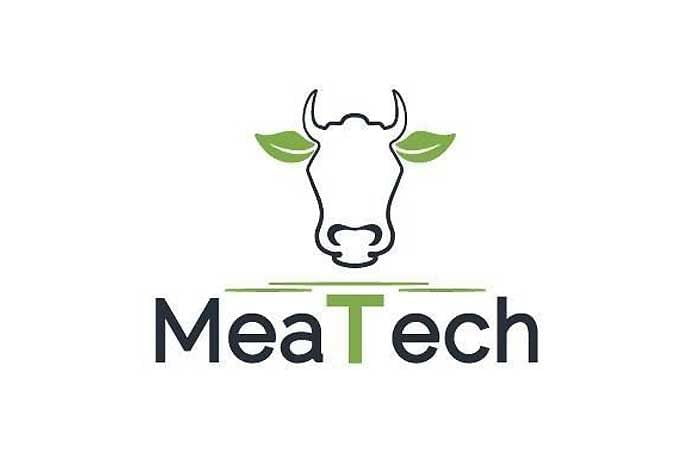UPSIDE Foods aims to break ground on a commercial-scale cultivated meat facility in Glenview, Illinois, later this year that will become operational in 2025.
Supported by a $140 million investment from UPSIDE Foods — which has raised $608 million since it was founded in late 2015 — the site will have an initial capacity of millions of pounds of meat and the potential to expand to over 30 million pounds.
UPSIDE Foods has been cleared by US regulators to make ‘whole-cut’ or ‘structured’ cultivated chicken products made with cells that have differentiated and matured into meaty tissue, which it currently makes on a tiny scale in two-liter flasks at its ‘EPIC’ production facility and innovation center in Emeryville, California.

This generates enough product to sell at Dominique Crenn’s upscale Bar Crenn restaurant in San Francisco. However, the whole-cut process is not yet scalable, acknowledges the startup, which is still waiting for regulatory approval to sell ‘unstructured’ or ground products such as nuggets made via a more scalable process that combines plant-based proteins and cultivated cell biomass grown in far larger bioreactors.
‘The unit economics look attractive’
The new plant in Glenview — dubbed ‘Rubicon’ — will start by producing ground cultivated chicken products, with plans to expand to other species and whole-textured formats in the future.
It will have a range of bioreactors going up to 100,000-liters and will have “attractive unit economics,” UPSIDE Foods COO Amy Chen told AgFunderNews.
“The design basis for Rubicon when you think about the scale which we’re talking about, the unit economics look attractive. But a lot still has to happen, right? The supply chain has to be built around it, the cells need to be very productive, we need to have the media components and the ecosystem of suppliers to be able to scale not only to the 1,000s of pounds but to tens of millions of pounds, so a lot of the work that’s being done in the background is around building that ecosystem.”
/cloudfront-us-east-2.images.arcpublishing.com/reuters/OC5SQL2KBBK4VBWIMFWBOMASFY.jpg)
UPSIDE picked Glenview, IL, due to its strategic location from a logistics and distribution perspective, its pro-innovation business environment, and its skilled workforce, said Chen, who said the 187,000 sq ft plant is expected to create at least 75 new jobs.
Asked whether the company’s current funding will enable it to get all the way to 30 million pounds of capacity for its meat, she said: “We have enough [capital] to get it going and then actually to build a meaningful amount towards that full 30 million capacity, so at least the first few phases.”
** Click here to read the full-text **








